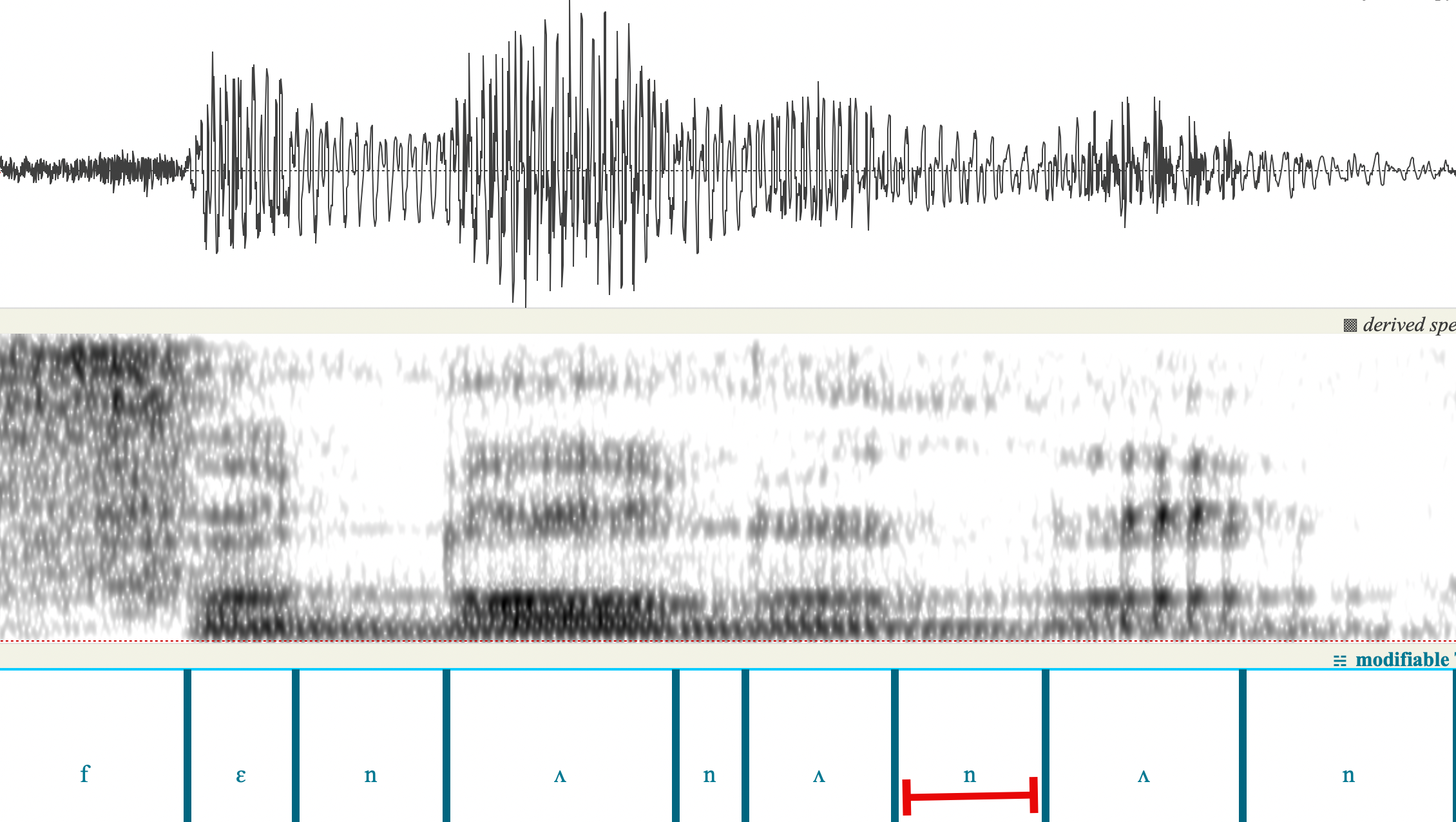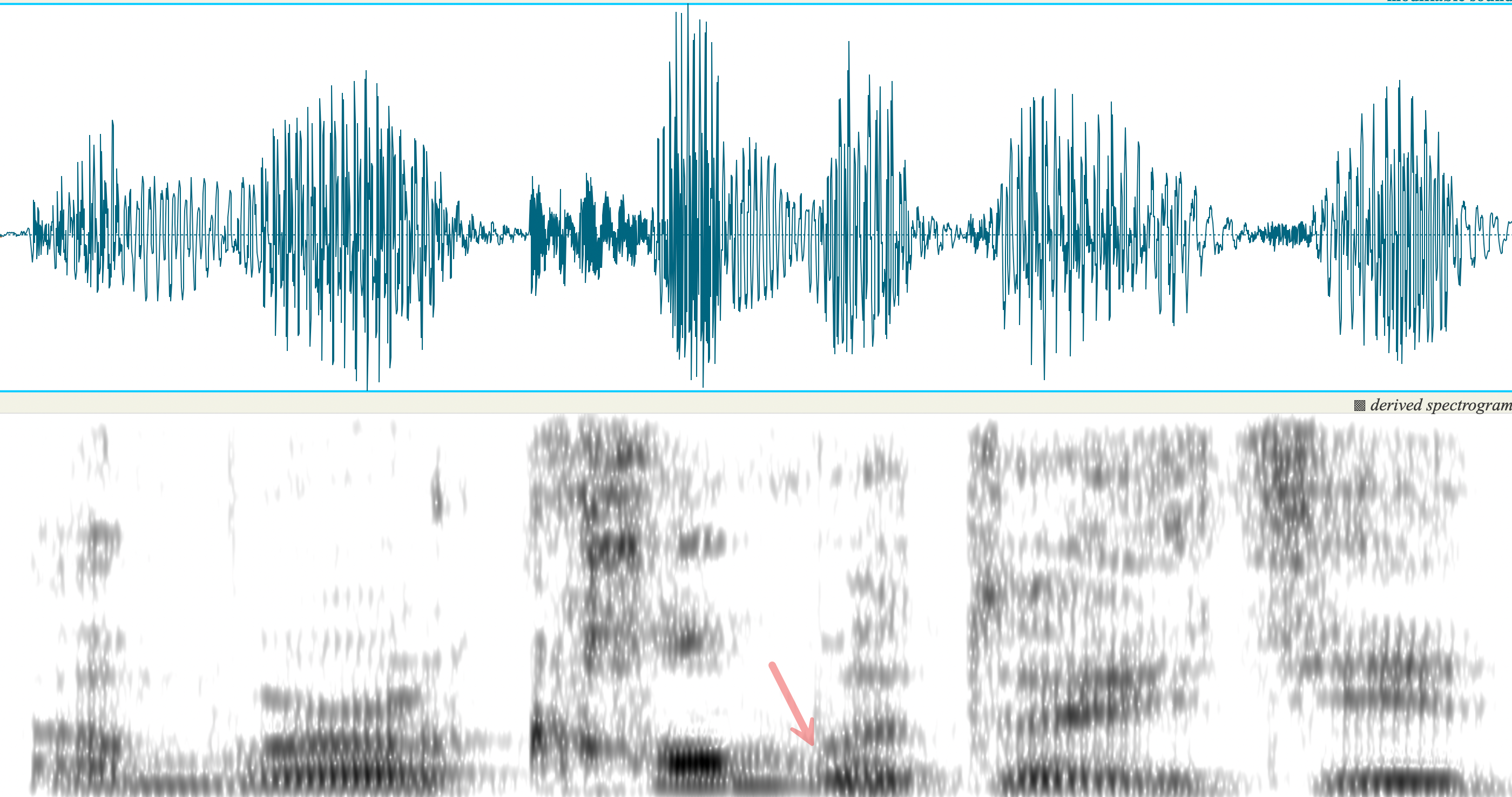Phenonemon?
Language Log 2025-01-05
In a comment about the video lecture in yesterday's post about David Lodge, JPL asked:
Why does he say "phenonemon" [sic] (purposefully enunciated) at 4:42?
Let's start with the question of what Lodge actually says. Here's the relevant passage, in which Lodge describes some of the real-life background for his novel Small World:
Indeed it was this intense double exposure to the international conference which first gave me the idea for that novel. I felt I'd stumbled on a new cultural phenomenon a product of what I called or had my character Morris Zapp call the global campus.
(For the video as well as the audio, here's a link to the immediate context.)
Zeroing in a bit:
I felt I'd stumbled on a new cultural phenomenon
And examining the word itself (and side-stepping the question of how to IPA-ize the vowels), my judgement by both ear and eye is that it's
[fɛˈnʌ.nʌˌnvn]
rather than
[fɛˈnʌ.nʌˌmvn]
That is, Lodge has not swapped the /m/ with the following /n/, but rather has replaced the /m/ with an /n/:
You can made your own judgement by listening — and verify visually that the nasal consonant in question lacks the formant transitions (fore and aft) that would be expected if it were labial.
For those of you who've missed the opportunity to be inducted into the mysteries of spectrogram reading, here's a fragment from earlier in the same lecture (around 14:19) that illustrates the point:
These were hosted by a different university each year, and were accommodated in a college or hall of residence whose student occupants were absent during the Easter vacation.
Zeroing in a bit, we can see the typical labial transition following the /m/ of accommodated:
So Lodge's performance of "phenomenon" involves a perseveration/anticipation of the phoneme /n/, not an exchange of /n/ and /m/. And if by "purposefully enunciated" JPL means that Lodge pronounced the word that way on purpose, I'm pretty sure that he's wrong — this is a typical kind of speech error.
Speech errors occur on average about once per thousand words, and the Lodge lecture comprises a bit more than 2,000 word, so it's not a surprise to find a speech error in it. (Of course, different people, contexts, and texts yield different rates…)

